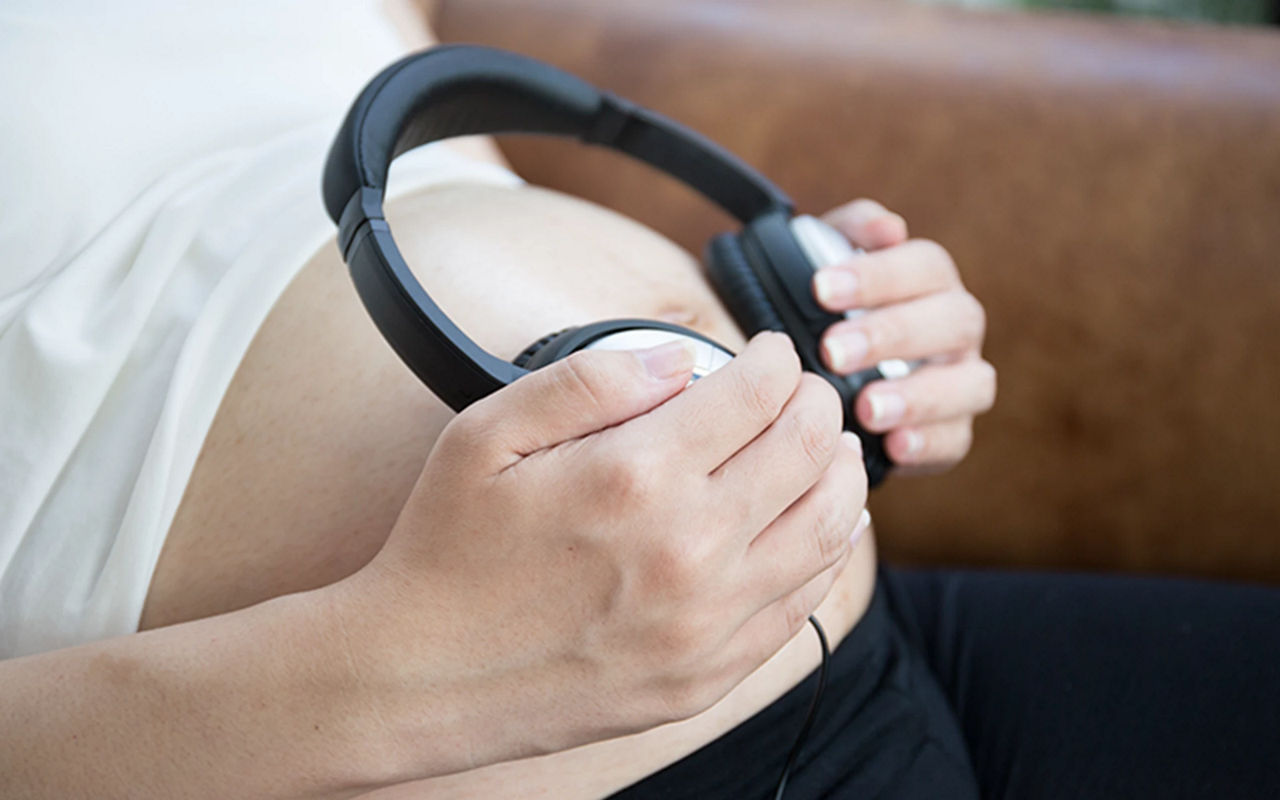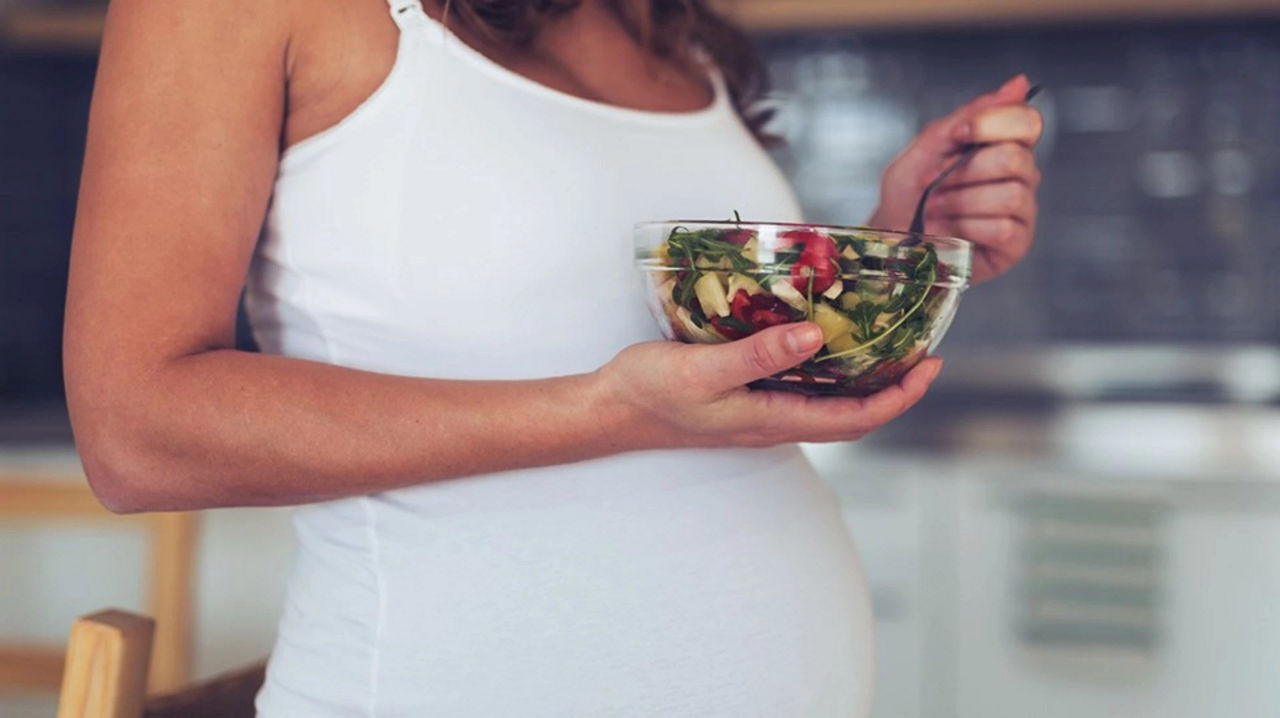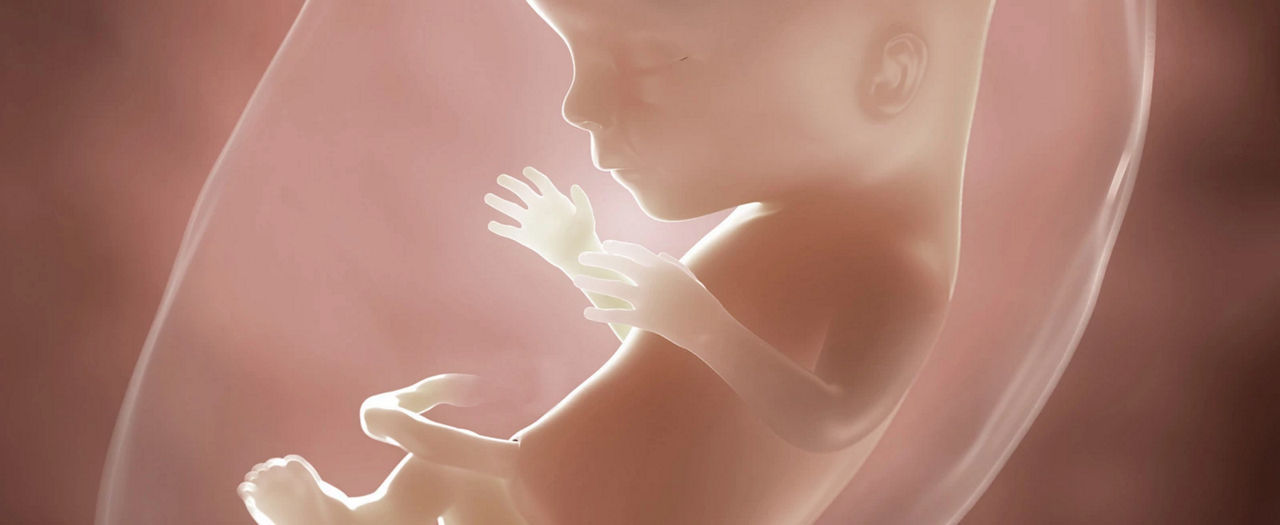Music to their ears
How and why your baby reacts to music in the womb
Scientists have proved that, in the third trimester, an unborn baby can recognise their mother’s voice, their native language, and even begin to remember word patterns and rhymes1,2. It makes sense then, that music also has an impact, but does listening to classical music really make a foetus any cleverer?
For more of the science behind your baby’s early language development in the womb – and how you can encourage it – explore our series of Hello In There articles and videos.









